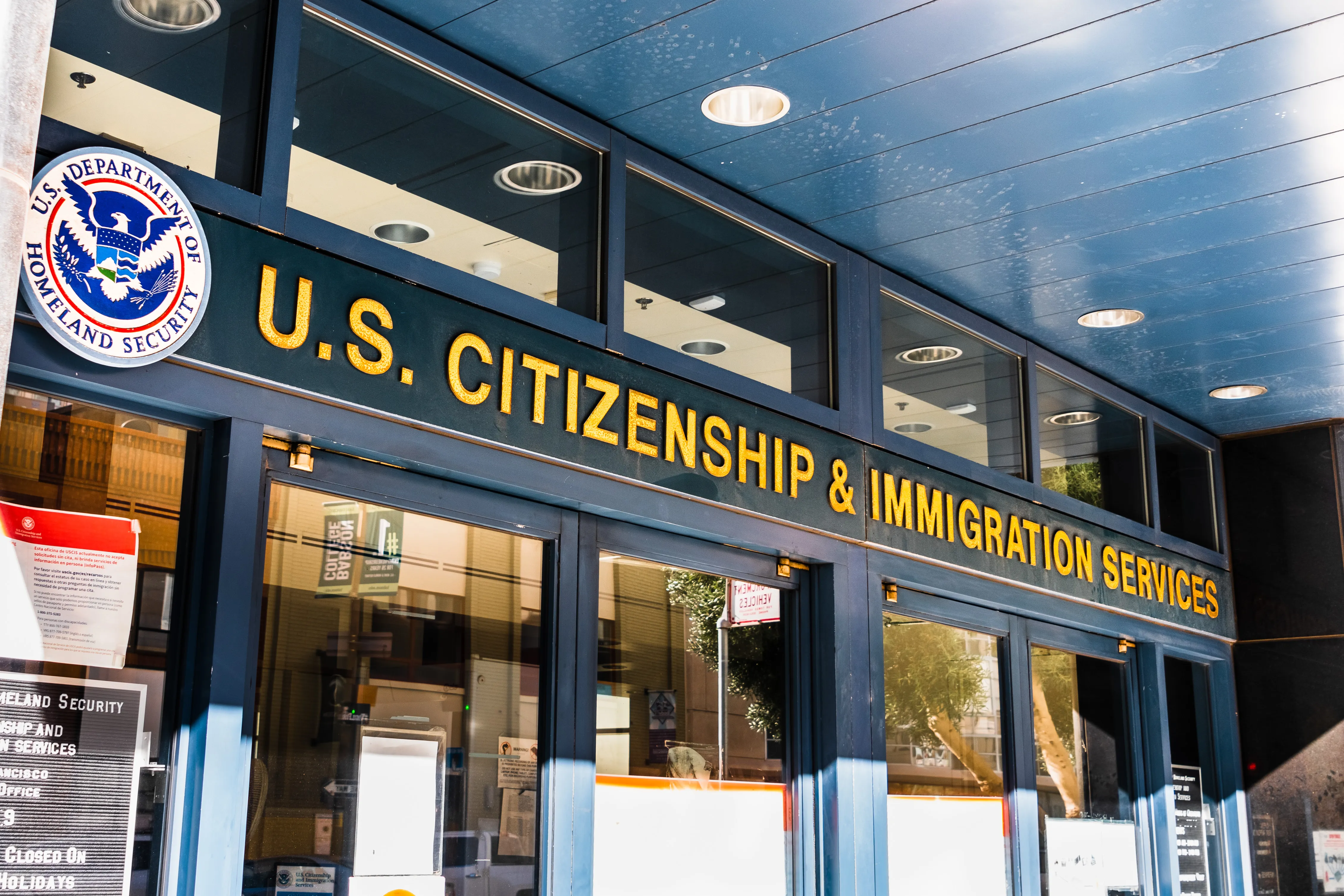
Daily Audio Newscast - September 26, 2025
© AlexLMX - iStock-823000260
Six minutes of news from around the nation.
Former FBI Director James Comey indicted days after Trump demanded his DOJ move 'now' to prosecute enemies; MN on verge of deciding blockbuster utility sale; NC crime bill would streamline death penalty cases; Oregon Kaiser health care workers authorize strike.
TRANSCRIPT
The Public News Service Daily Newscast, September the 26th, 2025.
I'm Mike Clifford.
Former FBI Director James Comey has been indicted on charges of making a false statement and obstruction related to his testimony before the Senate Judiciary Committee in 2020.
It happened just days after President Trump issued a public demand for his Justice Department act out or bring prosecutions against Comey and other political foes.
That from ABC News.
They quote a statement released by the U.S. Attorney's Office for the Eastern District of Virginia which said, "If convicted, Comey faces up to five years in prison.
Actual sentences for federal crimes are typically less than the maximum penalties," this statement said.
ABC notes the charges followed Trump's ousting of the U.S.Attorney for the Eastern District of Virginia Eric Seibert, who according to sources expressed doubts internally about bringing cases against Comey as well as New York Attorney General Letitia James.
Meantime, a decision is expected soon on whether Minnesota Power should be sold to a private equity firm.
The Public Utilities Commission votes next week on a petition for the utility to be bought by Global Infrastructure Partners.
A recent settlement with the State Commerce Department resulted in added conditions, but Maggie Schubert with the Rural Community Advocacy Group, CURE, says they still worry the new owners would focus on profits, setting a dangerous precedent.
Clearly, if this deal goes through, private equity interests, they see the arguments against it shot down.
They're going to know that our utility sector across the country is open for business.
Utility officials say the new owners would give them financial flexibility to meet the state's mandate for carbon-free electricity by 2040.
In a non-binding opinion this summer, an administrative law judge said the deal would not be in the public's interest.
And a sweeping bill to address crime is on Governor Josh Stein's desk and is raising concerns among opponents of the death penalty.
House Bill 307 was renamed Irena's Law this week for Irena Zuroutska, the victim of a recent stabbing on the Charlotte Light Rail.
The bill would limit pretrial release and require mandatory mental health evaluations for certain defendants. bipartisan support until changes this week to streamline the process for death penalty cases and adopt other ways to carry out death sentences if lethal injection is deemed unconstitutional in the state.
Some Democrats walked out of Monday's Senate vote on the amendment.
Noelle Nickel has the North Carolina Coalition for alternatives to the death penalty.
By adding an amendment that seeks to open the door for additional methods of execution in our state, that does not address the root problems of violence that led to this tragic killing in Charlotte.
Nicoll notes there was almost no debate on the death penalty amendment.
The bill passed in the Senate on Monday and House on Tuesday.
This is public news service.
Nurses and other health professionals at Kaiser Permanente facilities in Oregon and southwest Washington have voted overwhelmingly to authorize a strike.
Oregon Federation of Nurses and Health Professionals represents nearly 4,000 health care workers, including nurses, lab professionals, and therapists.
Union President Serena Roar says their working conditions are their patients' healing conditions, and the union is fighting for both to be the best they can be.
And that means you have to pay people well.
That means you have to have safe working environments.
That means you have to listen to the people who actually know how to care for the patients.
A strike could begin any time after September 30th.
Roar says the bargaining team is meeting with Kaiser as much as possible in hopes to reach a deal before then.
In a statement, Kaiser, which is one of the nation's largest nonprofit healthcare providers, called the strike authorization disappointing.
They added that Kaiser facilities meet and often exceed legal nurse to patient ratios.
I'm Isabel Charlay.
We head next to Iowa, where advocates for healthy farming practices are pushing back on a federal move to give pesticide companies immunity from products that may cause cancer.
Iowa Citizens for Community Improvement sent a letter signed by more than 400 Iowans to Washington lawmakers calling on them to oppose the so-called Cancer Gag Act, which would allow makers of glyphosate-based chemicals to sidestep immunity if it is determined they cause cancer.
Ava Auen-Ryan, CCI's Farm and Environment Organizing Director, calls this a "common sense issue."
She says the fact that this is even a debate leaves Iowans wondering who lawmakers are actually representing.
So are they working for Iowans and their constituents or are they working for multinational chemical manufacturers like their the environmental protection agency says glyphosate poses no risks to human health when used in accordance with its current label.
I'm Mark Moran.
Finally, you may be surprised to know Massachusetts is home to some of the most speech restrictive campuses in the country.
That's according to a new report.
The sixth annual college free speech rankings give some of the state's top schools including Harvard and Boston University a failing grade in free speech.
Sean Stevens with the Foundation for Individual Rights and Expression or FIRE says conservative students are increasingly joining their liberal peers in supporting censorship.
We're siloing ourselves and it's not just at the college level we're siloing ourselves society-wide in these kind of political camps.
The rankings are based on nearly 70,000 student surveys and analysis of of their school's policies and handling of campus events.
Stevens says they show a deep unwillingness among students to encounter controversial ideas with a record number of students saying it's okay to shout down a speaker or even use violence to prevent a campus speech.
I'm Catherine Carley.
This is by Clifford for Public News Service.
Member and listener supported.
Find your trust indicators at publicnewsservice.org.
















